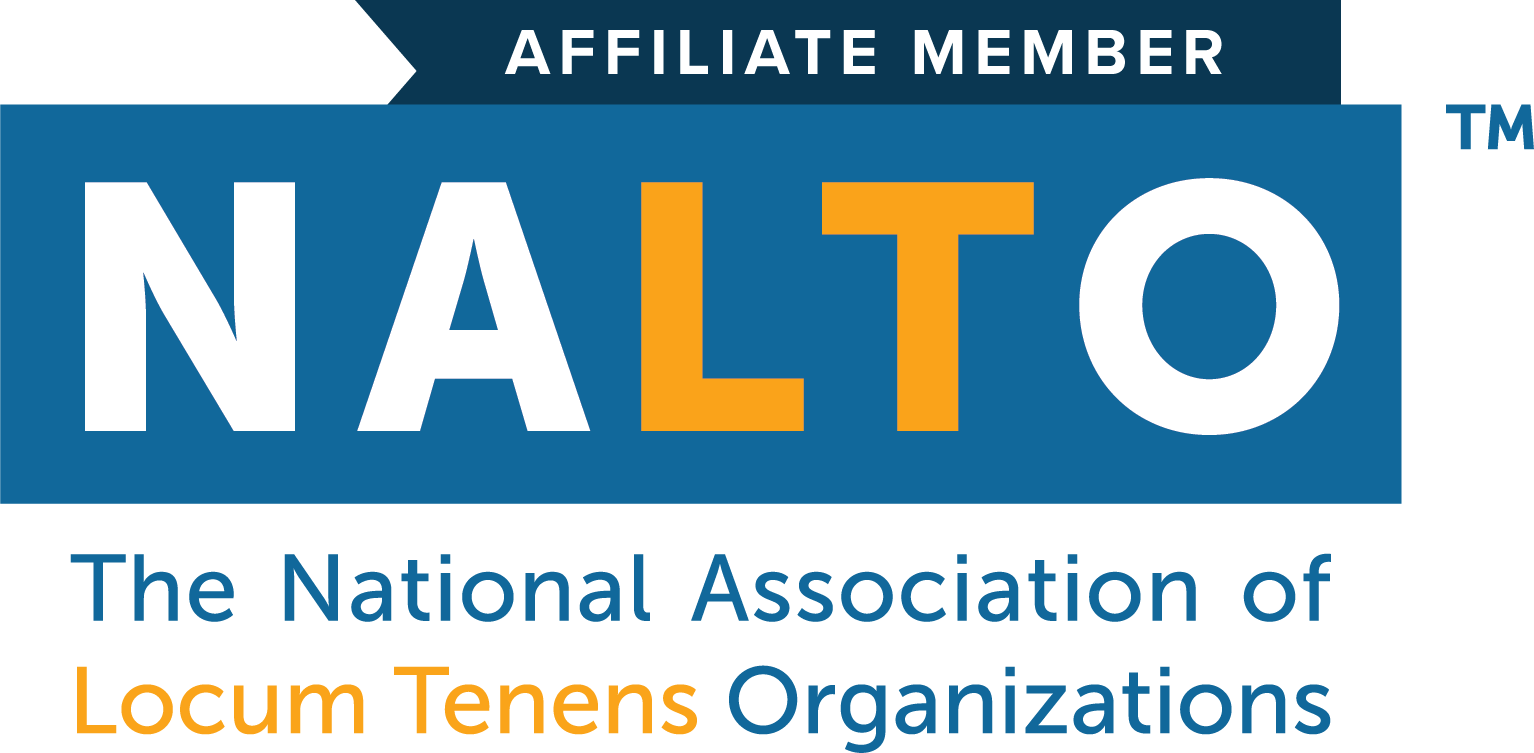CRNAs Covering the Gap in Anesthesiology: A Vital Role in Healthcare
Jan. 22nd, 2025 11:43 am
CRNAs Covering the Gap in Anesthesiology: A Vital Role in Healthcare
The field of anesthesiology plays a crucial role in ensuring patient safety and comfort during surgeries and medical procedures. However, the healthcare system is facing a growing shortage of anesthesiologists, exacerbated by factors like an aging population, the increasing number of surgeries, and a limited number of training programs. In response, Certified Registered Nurse Anesthetists (CRNAs) have emerged as key players in filling this critical gap.
What is a CRNA?
A Certified Registered Nurse Anesthetist (CRNA) is an advanced practice nurse who specializes in anesthesia care. These professionals are highly trained in assessing, planning, and administering anesthesia during surgeries and other medical procedures. CRNAs have an extensive education that includes a master's or doctoral degree in nurse anesthesia and several years of clinical experience. Their expertise allows them to work independently or as part of a team in both surgical and non-surgical settings.
Addressing the Shortage of Anesthesiologists
The shortage of anesthesiologists is one of the key challenges facing the healthcare system today. This shortage can lead to delays in elective surgeries, longer wait times for procedures, and increased pressure on existing anesthesiologists. As a result, CRNAs have become indispensable in providing anesthesia care, especially in rural areas and smaller medical facilities that may not have access to a full team of anesthesiologists.
CRNAs can perform many of the same tasks as anesthesiologists, including administering general anesthesia, regional anesthesia (such as epidurals), and sedation. They also monitor patients throughout the procedure and manage anesthesia care post-operatively. This enables hospitals and surgical centers to maintain high standards of patient care, even with fewer anesthesiologists on staff.
The Advantages of CRNAs in Anesthesia Care
- Cost-Effectiveness: CRNAs are often more cost-effective than anesthesiologists. By allowing CRNAs to take on certain responsibilities, hospitals can reduce their overall anesthesia costs without compromising patient care. This cost-efficiency is especially valuable in areas with tight healthcare budgets.
- Flexibility in Staffing: CRNAs can work independently or in collaboration with anesthesiologists, providing flexibility in staffing models. This adaptability is crucial for hospitals that need to maximize resources and provide quality care across a range of surgical specialties.
- Improved Access to Care: In rural or underserved areas where anesthesiologists may be in short supply, CRNAs can step in to provide anesthesia care, improving access to essential surgeries and procedures. This is vital for ensuring that all patients receive the care they need, regardless of their location.
- High-Quality Patient Care: CRNAs are trained to deliver anesthesia care safely and effectively, and their expertise is supported by ongoing education and certification. With their focus on patient safety and comfort, CRNAs contribute to better outcomes and patient satisfaction.
Conclusion
As the healthcare system navigates the complexities of an aging population and growing surgical demand, CRNAs are playing an increasingly important role in covering the gap in anesthesiology. Their specialized training, ability to work independently, and cost-effectiveness make them invaluable members of the healthcare team. With their growing presence in operating rooms and other medical settings, CRNAs are helping to ensure that patients continue to receive high-quality anesthesia care in a rapidly changing healthcare landscape.



